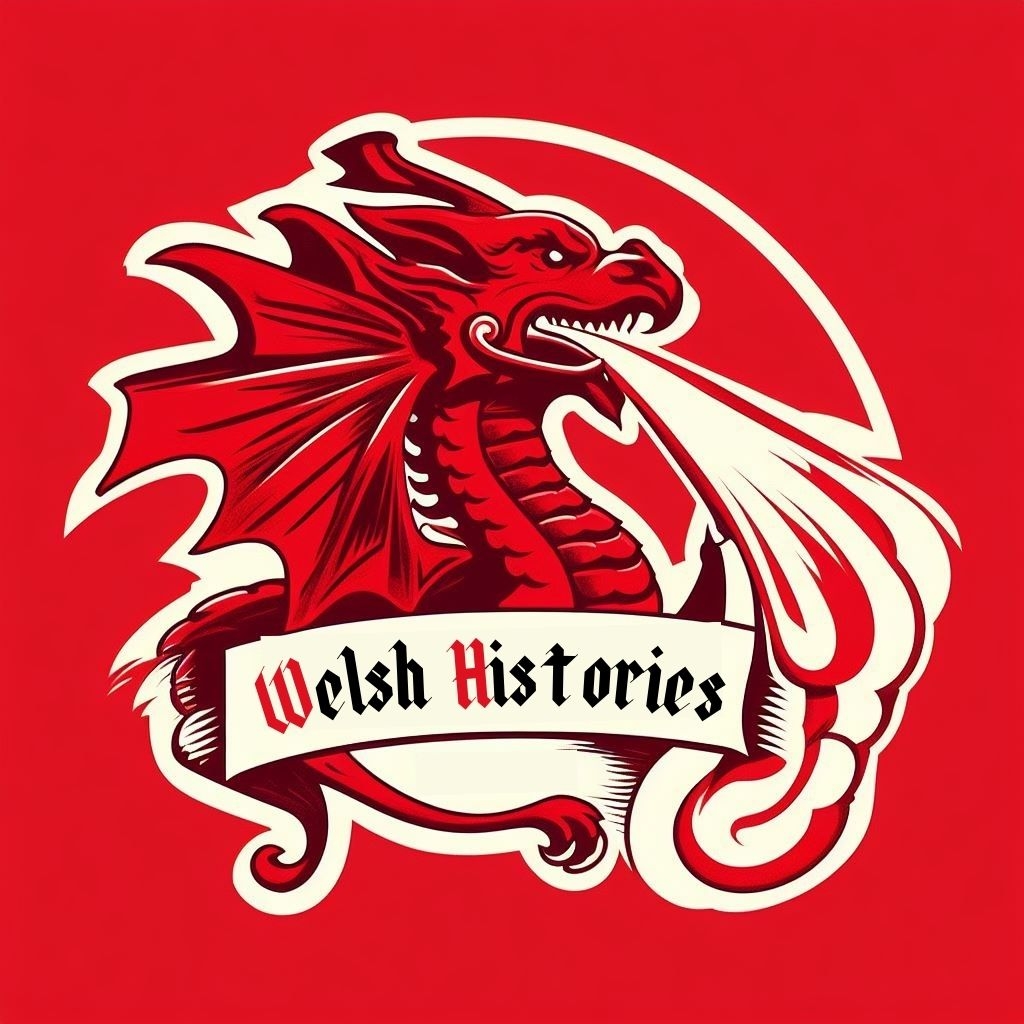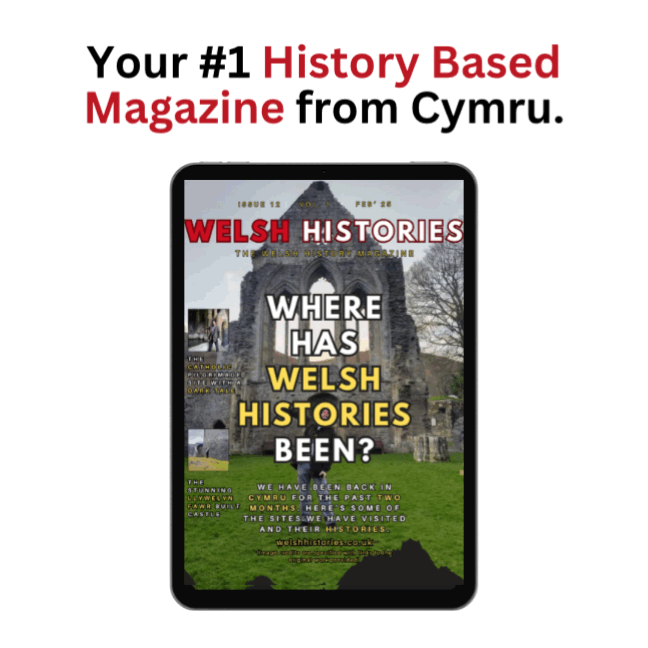Your basket is currently empty!
Nye Bevan: Father of the National Health Service (NHS)
Nye Bevan was born in Tredegar, Sir Fynwy (Monmouthshire) on 15 November, 1897.
In those days, it is believed that around 90% of the workforce relied on the local mines for employment – further emphasising the importance of the mines and, particularly, the South Wales Coalfield to the Welsh in De Cymru (South Wales) at that time.
Mining was, in many ways, engrained into the culture. By the age of 13, Nye himself was working at Ty-Trist Colliery.
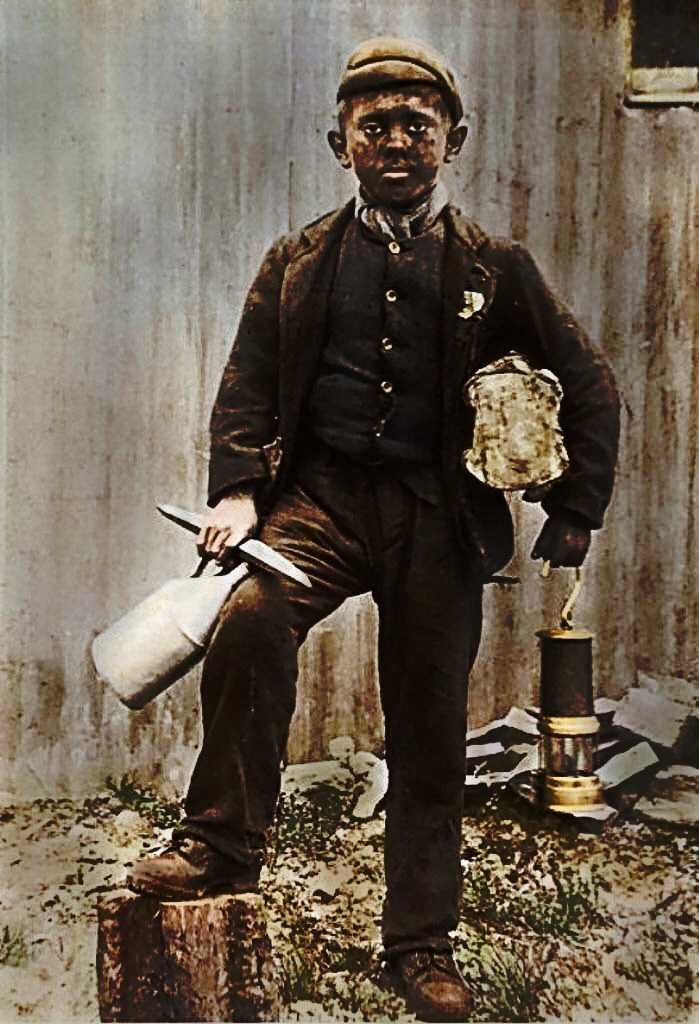
By 1919, then in his early 20s, the Tradegar Labour Party was founded and Nye was selected as a Labour delegate in the West Ward in the Tredegar Urban District election.
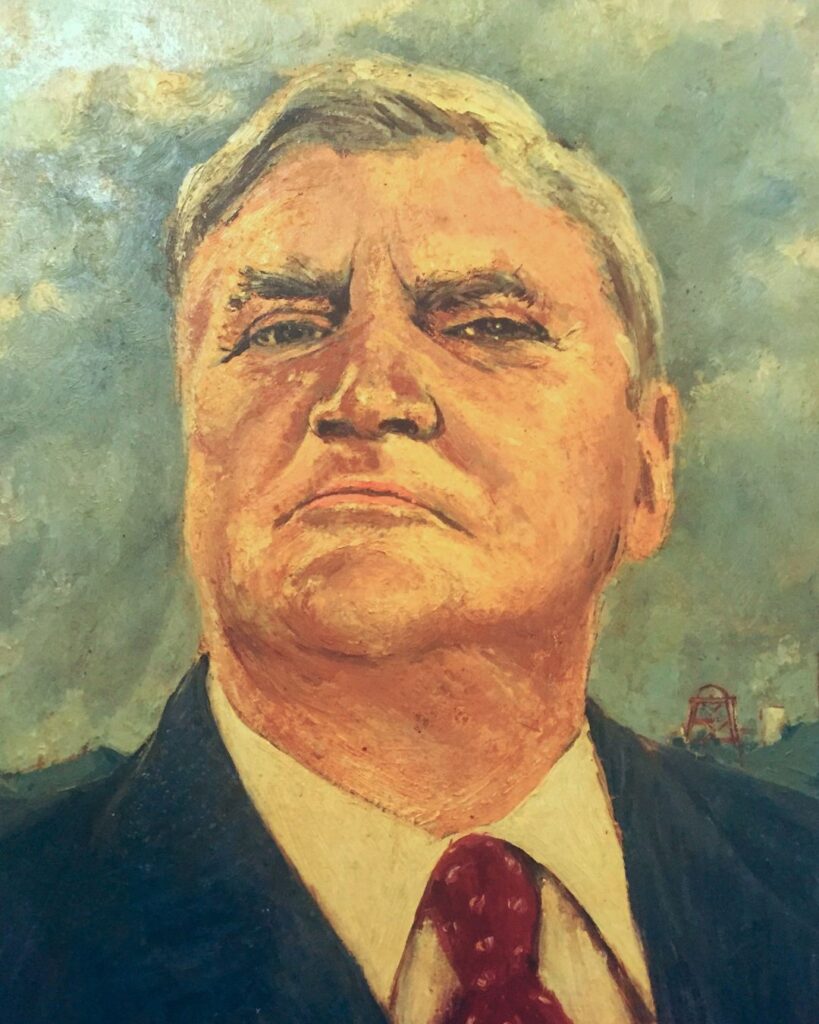
By this point, Nye had left mining after several disputes with his managers/seniors over safety conditions for the workers, so who better to stand in such an election?
Though he would be defeated in the election, he would find himself rather fortunate to achieve a scholarship to the Central Labour College in London.
This was fully sponsored by the South Wales Miners’ Federation, who had seen something in the brash, young Bevan often termed a “troublemaker” for his brave unwillingness to compromise on areas such as workers’ safety.
It was in College where he would study Marxism and develop many of the left wing views which would make him into the Nye Bevan we are more familiar with – the political titan who, perhaps more than any other, would impact Welsh and British politics more positively than anyone else in the 20th century.
On 30 May 1929, Nye would become an elected MP for the Ebbw Vale constituency.
He would very quickly announce himself as one of the foremost great orators in Parliament and, also, assert himself as one of the most prominent anti-fascists in British politics.
It is true, however, that he was a one-time ally and associate of infamous British fascist Oswald Mosley, though this was before Mosley would leave the Labour Party (where he was once a prominent figure of the left) and drift to the extreme right of the political compass.
Bevan was also an early British supporter of the socialist cause in the Spanish Civil War (17 Jul 1936 – 1 Apr 1939).
It would be irresponsible of me to neglect to mention that arguably the greatest political influence on Nye was his wife, Jennie Lee (3 November 1904-16 November 1988), who was a Scottish Member of Parliament and one often deemed to the left of Nye. She, herself, is worthy of such posts as this.
Bevan was a supporter (though more on this in a minute) of Winston Churchill’s ruthless attacks on Prime Minister Neville Chamberlain prior to the Second World War.
The Welshman acknowledged that fascism was the single biggest threat to his ideals and worldview and that Hitler, as the one leading said threat, needed to be stopped.
That being said, when war did break out in 1939, Bevan opposed the reintroduction of conscription, arguing that it was the “complete abandonment of any hope of a successful struggle against the weight of wealth in Great Britain”, basically implying that it was the poor who were most likely to be conscripted and, in-turn, die in the war.
If Bevan had once been a supporter of Churchill’s pre-war attacks on Chamberlain, then that support was only borrowed.
Churchill and Bevan had long been rivals and not just for petty party reasons.
After all, it was Churchill who harshly intervened in the Tonypandy Riots (1910-11) and the later General Strike of 1926. Bevan, a former miner, had plenty a reason to dislike the rich aristocrat with little-to-no regard for the working Welshman beneath the soil (and above it, too).
During the war, Bevan was highly critical of Churchill’s handling of it – perhaps believing that Britain, too, was heading towards some warped form of fascism, with its censored radios; disallowed criticism of power and unelected Prime Minister.
Churchill famously quipped that Bevan was a “squalid nuisance”, which only served to legitimise Bevan.
Following the war came the 1945 general election, which led to a shock victory for the Labour Party, led by Clement Attlee – something which was, especially due to the heroification of Churchill as a war-time leader victor, truly unthinkable.
Between 5 August 1945 and 17 January 1951, Bevan would be the Labour Minister for Health.
Of course, as Minister of Health, Bevan’s greatest achievement would be realised: the freely available National Health Service (NHS).
This was paid for directly through public money and ensured that healthcare was freely accessible to all, no matter their own personal wealth and/or status.
Sources suggest that Bevan managed to make this possible by ’Stuffing the doctors’ mouths with gold.’ What he really meant that the doctors were allowed to continue seeing their patients in private, as long as they accepted the NHS patients, therefore creating a win-win situation for both.
Interestingly, the NHS has further Welsh origins as it was largely inspired by the Tredegar Medical Aid Society. Welsh Histories Magazine for June of 2024 talked about this very topic!
Following the return to power of Churchill and the Tory Party in 1951, the power and influence of Bevan would begin to wane.
Factionist divisions would result in a divided Labour Party and Bevan would lead the left faction within, leading to his supporters becoming labelled as “Bevanites”.
These same supporters would, however, come to be confused by Bevan’s initially being opposed to Britain having nuclear weapons (a popular position on the left even to this day) before seeming to entirely reverse his stance around 1957.
It is possible that something was beginning to change in Bevan and, perhaps, his untimely death prevented the people from seeing what this change would result in.
In the fall of 1959, a hospital visit would lead to the unexpected revelation of malignant stomach cancer.
Nye Bevan would die on 6 July 1960, at the age of 62 – a political titan gone too soon. His crowning legacy is, and always will be, the NHS.
Share us your thoughts on niklas@welshhistories.co.uk
THERE’S MORE:
NHS Wales – Older Than You Think
Man Diagnosed with Cancer, Writes a Heartfelt Letter that Moved the Internet
Welsh Problems that Every Welsh Person Could Relate To
Your #1 history based magazine from Cymru.


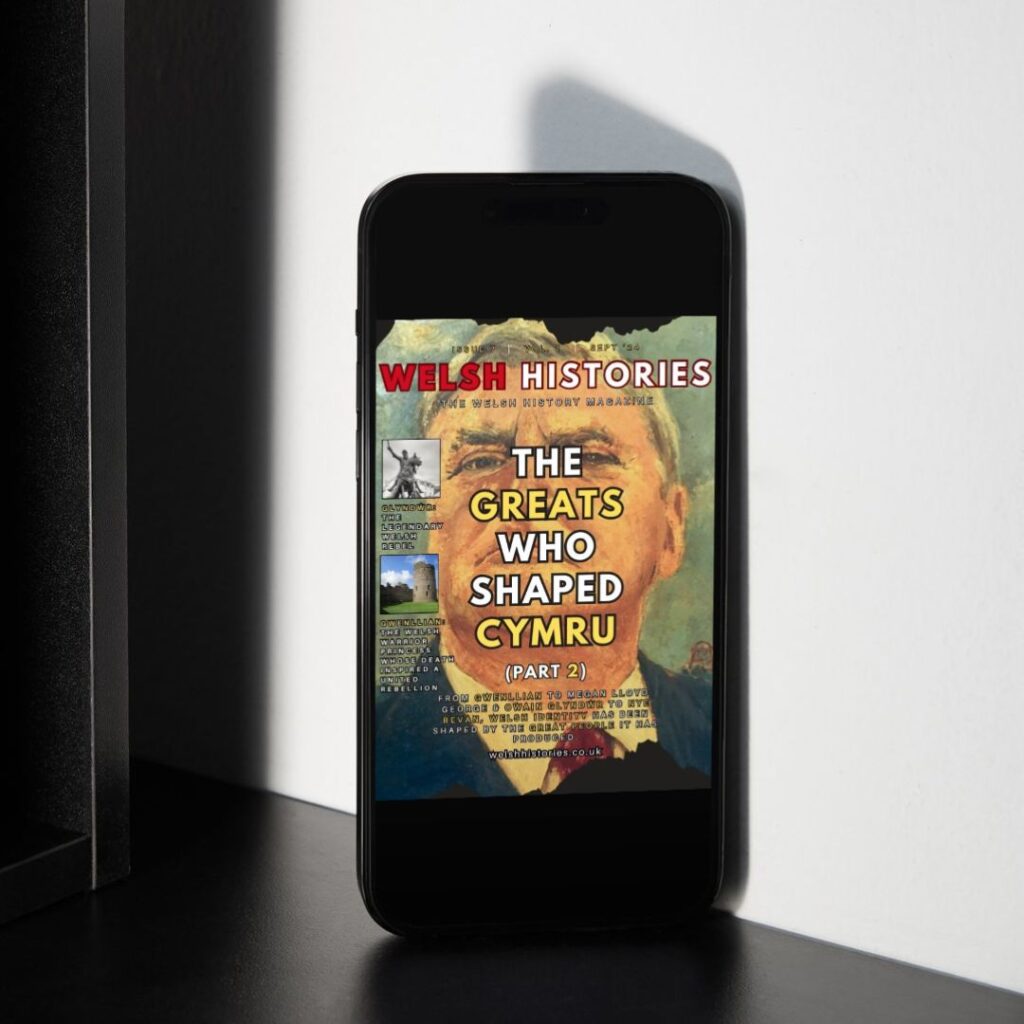
More from Welsh Histories
Welsh Histories is a Welsh history celebrating platform which looks to promote all aspects of Welsh history. Though we focus predominantly on native Welsh history, we do also share the non-native aspects from time to time. You can follow us on Facebook; Instagram or Twitter for more. A reader? We also have our very own Welsh Histories Shop where we sell our Welsh Histories Magazine. Diolch yn fawr iawn and keep enjoying Welsh Histories.
Sally is a proud wife of a Welshman, editor & writer of Welsh Histories. She’s all about stories—that shout ‘anything Welsh.’ Drop her an email if you have an advice, insight, experience, or a story to share.
